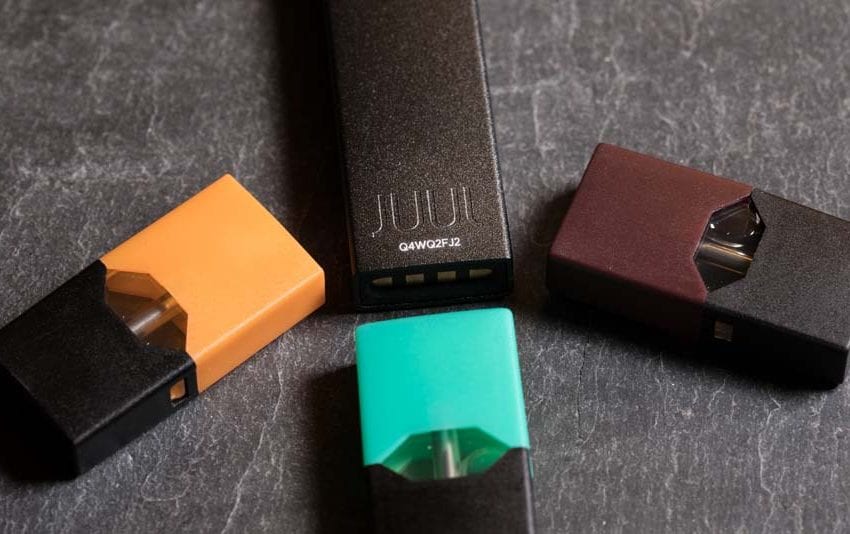Avail Vapor has divided its operations into three separate businesses. Each company has its own management team and will be headquartered in Richmond, Virginia, USA.
The three companies are Avail Vapor, a leading vapor retailer; Blackbriar Regulatory Services, which consists of contract manufacturing, Food and Drug Administration (FDA) consulting and laboratory services; and Blackship Technologies, comprising research and development services.
In related news, Blackbriar Regulatory Services has signed agreements with Charlie’s Chalk Dust, one of the largest international e-liquid brands, to manufacture a range of its nicotine products and take the lead in submitting a number of those products for the FDA’s premarket tobacco product application (PMTA) process by the May 2020 deadline.
James Xu, former CEO of Avail Vapor, is now the chairman of the three entities.










